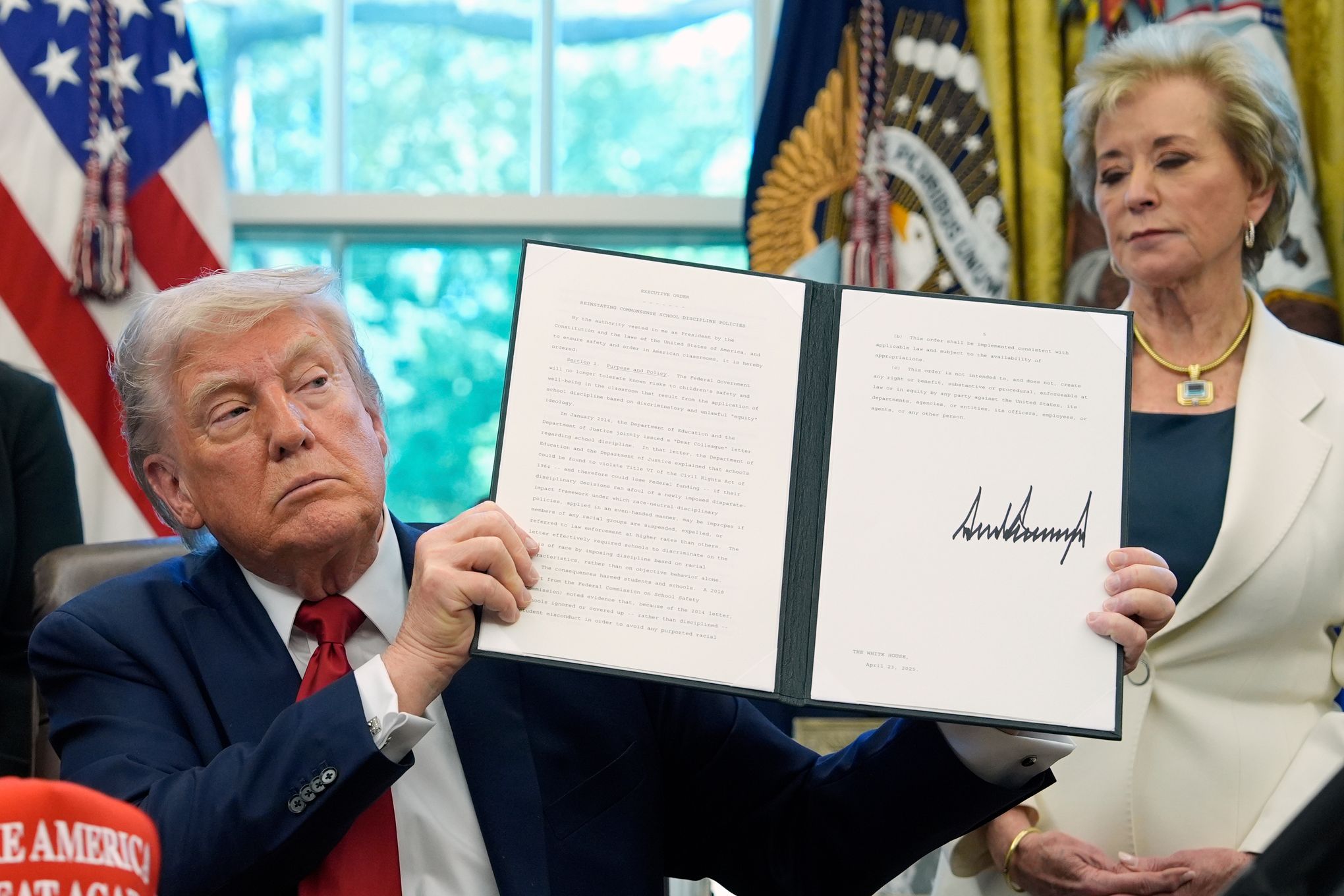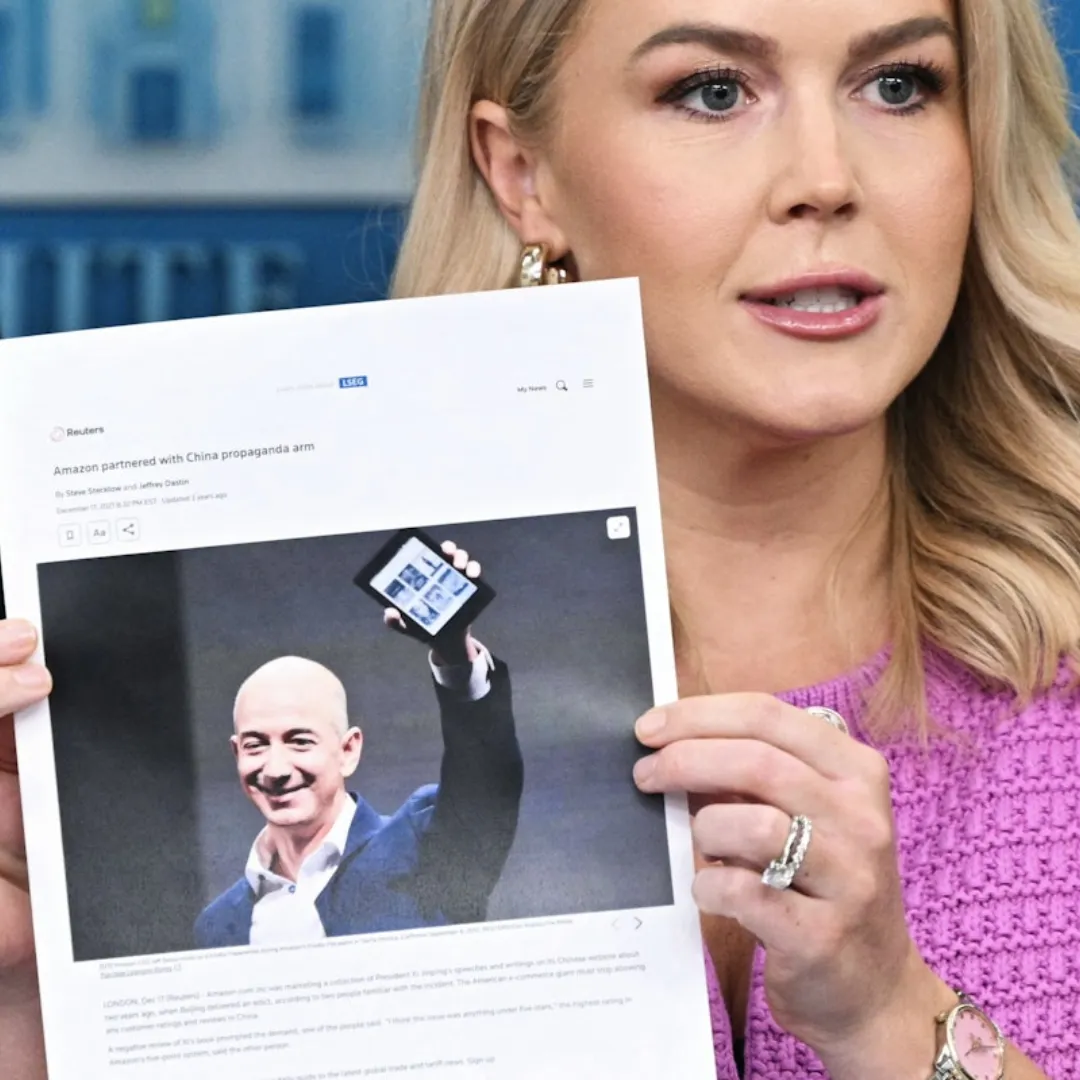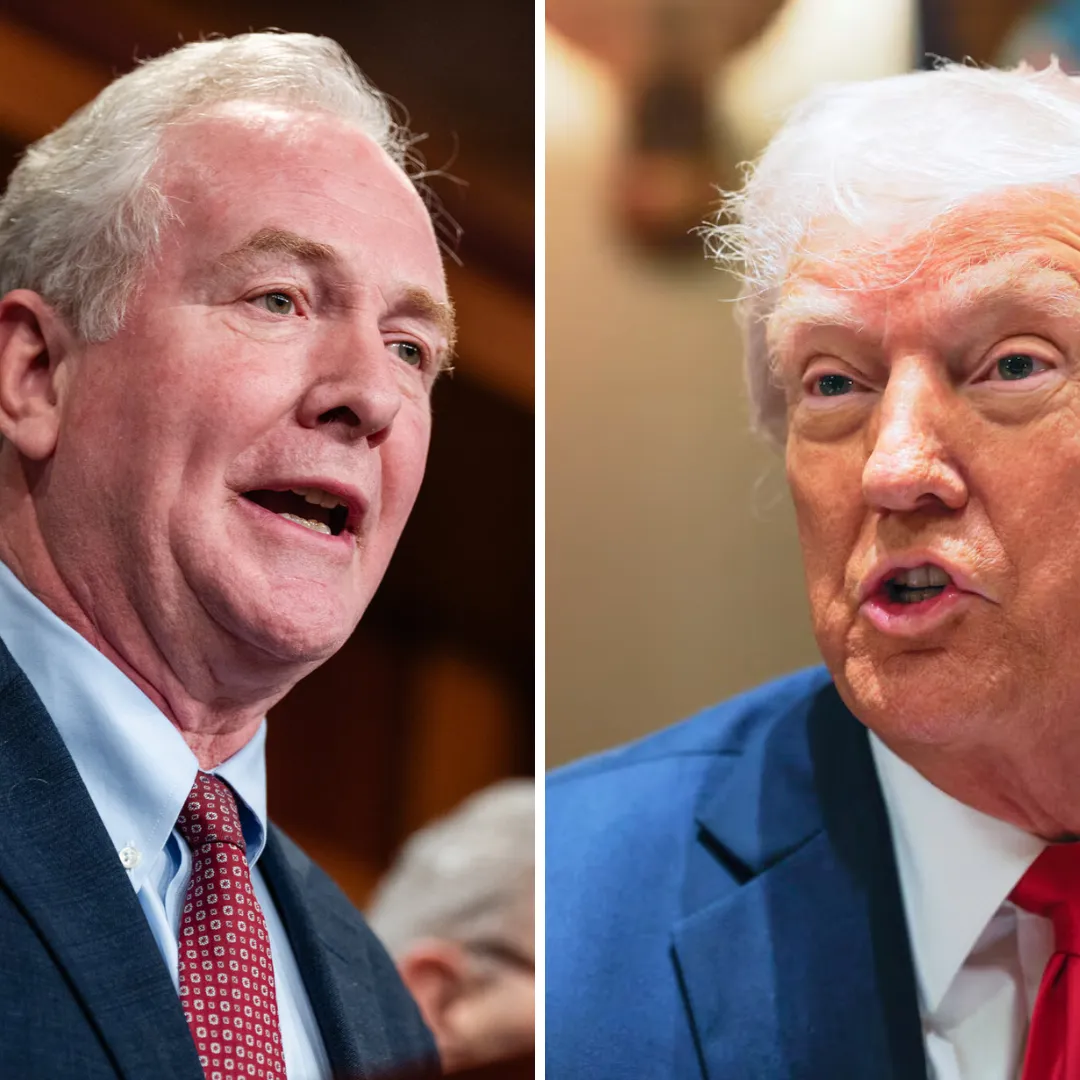
A group of nineteen states that defied a Trump administration directive to eliminate diversity, equity, and inclusion (DEI) programs in public schools took a significant step on Friday by filing a federal lawsuit.
The lawsuit, filed in Massachusetts by a coalition of Democratic attorneys general, seeks to block the Department of Education’s attempt to withhold federal funds from states that do not comply with the administration’s April 3 directive.
The directive instructed states to certify their adherence to civil rights laws, specifically rejecting what the federal government has labeled “illegal DEI practices.” It also required states to collect certifications from local school systems by April 24, a deadline that many states refused to meet.
The lawsuit stands as a direct challenge to the Trump administration’s efforts to curtail DEI initiatives in public education, arguing that the federal government’s actions are unlawful and harmful.
“Diversity, equity, and inclusion initiatives are legal efforts that help students feel safe, supported and respected. The Trump administration’s threats to withhold critical education funding due to the use of these initiatives are not only unlawful, but harmful to our children, families, and schools,” Massachusetts Attorney General Andrea Joy Campbell stated in a press release following the lawsuit's filing.
The attorneys general argue that DEI programs are vital to ensuring equal access to education for all students, particularly those from historically marginalized groups.
This legal action follows recent rulings in other states where judges struck down similar federal guidance. In Maryland, a judge delayed the enforcement of a memo issued on February 14, which instructed schools and colleges to discontinue any practices that differentiate individuals based on race.
In Washington, D.C., another judge granted a preliminary injunction against the April 3 directive requiring states to certify compliance with civil rights laws. A third ruling in New Hampshire also blocked the enforcement of both the February and April documents against the plaintiffs in that case, which includes one of the largest teachers' unions in the country.

Each of the lawsuits argues that the federal guidance not only limits academic freedom but also lacks sufficient clarity, leaving schools and educators uncertain about which practices are permissible under the new rules.
For instance, questions remain about whether voluntary student groups that support minority students will still be allowed. Critics argue that the vague nature of the directive creates confusion, forcing schools into a position where they must choose between complying with an unclear federal mandate or risking federal funding.
The lawsuit filed on Friday highlights the potential harm to schools and students if the Trump administration’s directive is enforced. It specifically points to the loss of over $13.8 billion in funding, which is used to support students with disabilities and other vulnerable groups.
“Plaintiffs are left with an impossible choice: either certify compliance with an ambiguous and unconstitutional federal directive — threatening to chill policies, programs, and speech — or risk losing indispensable funds that serve their most vulnerable student populations,” the lawsuit states.
This creates an untenable situation for states, as they face the possibility of being forced to choose between upholding policies that benefit students and complying with what they see as an overreach by the federal government.
In addition to Massachusetts, the lawsuit is supported by the attorneys general of California, Colorado, Connecticut, Delaware, Hawaii, Illinois, Maryland, Michigan, Minnesota, Nevada, New Jersey, New Mexico, New York, Oregon, Rhode Island, Vermont, Washington, and Wisconsin.
These states represent a broad swath of the country, and their collective opposition to the Trump administration’s directive signals the widespread concern over the potential negative impact on education systems across the United States.
Despite the ongoing legal challenges, the Trump administration remains firm in its stance. Former Education Secretary Linda McMahon, who served under President Trump, has previously warned that states refusing to comply with the certification process could face funding cuts.
In an interview with Fox Business Network on Tuesday, McMahon stated, "States that refuse to sign could risk some defunding in their districts."
She argued that the purpose of the certification process was to ensure that there is no discrimination occurring in the nation’s schools, stressing that the administration was simply taking steps to address what it saw as an overreach in diversity and inclusion programs.
The Trump administration has framed its position as a necessary measure to address concerns about reverse discrimination, suggesting that DEI initiatives in schools have led to the exclusion of certain groups in favor of others. Supporters of the administration argue that schools should focus on merit and equality rather than implementing policies based on race, gender, or other identities.
However, opponents, including the plaintiffs in this lawsuit, contend that these initiatives are essential for creating an equitable and inclusive environment where all students can thrive.
The controversy surrounding the federal directive and the subsequent lawsuit underscores the deepening divide in American politics over issues of race, education, and civil rights.
DEI programs have become a flashpoint in the broader culture war, with conservatives pushing back against what they see as the politicization of education, while progressives argue that such programs are necessary to ensure that all students, particularly those from marginalized backgrounds, have an equal opportunity to succeed.
As the legal battle unfolds, the future of DEI programs in public schools remains uncertain. The lawsuit could result in a ruling that limits the Trump administration’s ability to impose its policies on states, or it could further entrench the federal government’s authority to dictate educational practices.
Either way, the case is likely to have far-reaching implications for the future of education policy in the United States, particularly in regard to the role of diversity, equity, and inclusion in shaping the educational experience.

For now, the plaintiffs in the lawsuit are calling on the courts to block the administration’s directive and protect the critical funding that supports students across the nation. The outcome of this case could set a precedent for how future administrations handle similar issues and could serve as a pivotal moment in the ongoing debate over the role of DEI programs in American schools.
The growing legal challenges to the Trump administration’s policies reflect the broader tensions that exist within the country over issues of racial justice, educational equity, and government intervention in state and local affairs.
As these cases continue to move through the courts, the debate over how to balance civil rights and educational policy will remain a central issue in American politics, with profound consequences for students, educators, and the future of public education in the United States.




